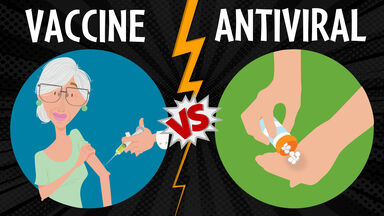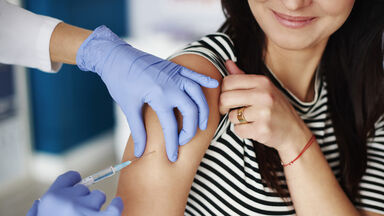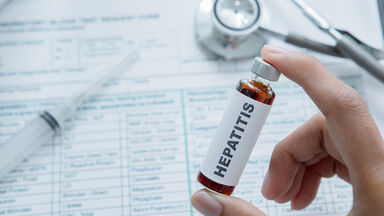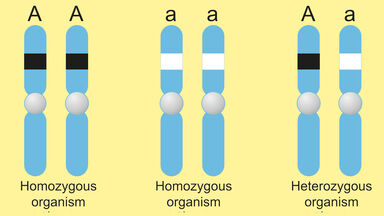Immunization Definition
ĭmyə-nĭ-zāshən
immunisation, immunizations
noun
immunizations
(US, countable) One such exposure.
The first immunization a baby gets is against HBV.
Wiktionary
Synonyms:
Other Word Forms of Immunization
Noun
Singular:
immunizationPlural:
immunizationsOrigin of Immunization
-
From French immunisation, coined by Albert Calmette
From Wiktionary
Immunization Is Also Mentioned In
Find Similar Words
Find similar words to immunization using the buttons below.





